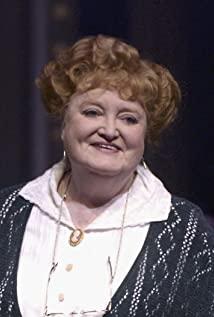Tess lived in the 1880s, when the British Empire was at its peak, and it was hard to imagine that the polarization between the rich and the poor in her country could be so severe. Although the life of the people at the bottom is obviously better than that of the Chinese people in the same period, but considering the vast colony of the United Kingdom, it is really hard to believe that the degree of exploitation of its own people is still so cruel. In the 17th century, when the British hegemony was just starting, it needed to plunder its own people to realize the prosperity of the country. As a result, the social level of the hegemony has been determined and it is still eye-catching. It is no wonder that the film will arrange a book of Das Kapital in one shot to give a hint.
That era was also an era of conservative social ethos and inequality between men and women, so Tess's experience of being a so-called cousin and mistress led to the tragedy that ran through the whole play. Correspondingly, the male protagonist also had a similar experience without side effects. The mutual confession between the two after marriage brought this contradiction to its peak.
Although there is a suspicion of a vase, I feel that Natasha, who was only 18 years old at the time, performed very well. The image of Tess, who also experienced the vicissitudes of life before the age of 20, is very classic. In fact, the setting of the character Tess is also a little magical, because under such parents and such family education conditions, there can be such a stoic eldest daughter, who can be brave enough to be impoverished and unable to move, until the family pressure is in the end. It collapsed in an instant. Perhaps it is this kind of magic and the cruel ending that she encountered after suffering so much that readers and audiences are moved.
Classic lines: Beauty has its price. Once vicitim, always victim, that's the law.
View more about Tess reviews











